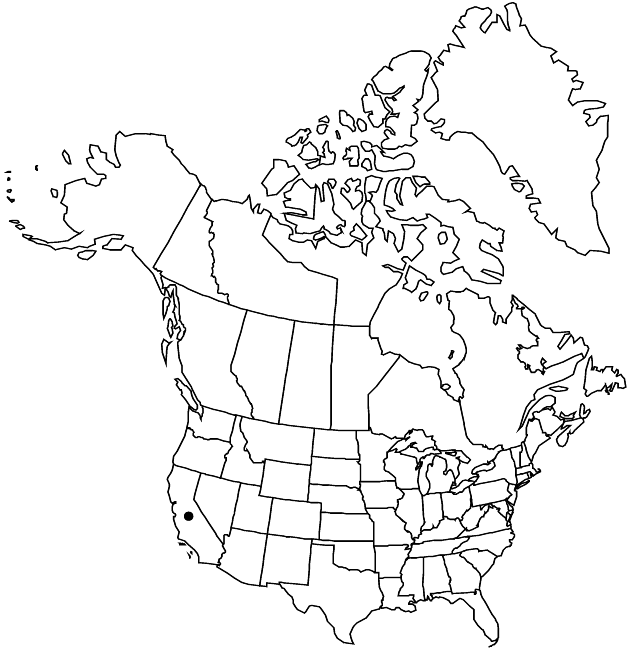Difference between revisions of "Lasthenia glabrata"
Edwards’s Bot. Reg. 21: plate 1780. 1835.
imported>Volume Importer |
imported>Volume Importer |
||
| Line 59: | Line 59: | ||
|publication year=1835 | |publication year=1835 | ||
|special status=Endemic | |special status=Endemic | ||
| − | |source xml=https:// | + | |source xml=https://bitbucket.org/aafc-mbb/fna-data-curation/src/2e0870ddd59836b60bcf96646a41e87ea5a5943a/coarse_grained_fna_xml/V19-20-21/V21_855.xml |
|tribe=Asteraceae tribe Heliantheae | |tribe=Asteraceae tribe Heliantheae | ||
|subtribe=Asteraceae (tribe Heliantheae) subtribe Baeriinae | |subtribe=Asteraceae (tribe Heliantheae) subtribe Baeriinae | ||
Latest revision as of 21:15, 5 November 2020
Annuals, to 60 cm. Stems erect, branched distally, glabrous or slightly hairy. Leaves linear or subulate, 40–150 × 2–3+ mm, margins entire, faces glabrous. Involucres hemispheric, 5–10 mm. Phyllaries 10–14, ± lanceolate (distinct tips ± deltate), glabrous but for apices. Receptacles ± conic, papillate, glabrous or sparsely hairy. Ray florets 7–15; (corollas yellow) laminae oblong, 4–14 mm. Anther appendages deltate or broadly ovate. Cypselae gray, clavate or obovoid, 2–3.5 mm, margins not ciliate, faces glabrous, or hairy and papillate (papillae rusty or yellowish, wartlike); pappi 0.
Discussion
Subspecies 2 (2 in the flora).
Historically, aboriginal Californians used fruits and leaves of Lasthenia glabrata for food. The subspecies are allopatric and almost identical except for their cypselae.
Selected References
None.
Key
| 1 | Cypselae glabrous, not papillate | Lasthenia glabrata subsp. glabrata |
| 1 | Cypselae ± hairy and papillate | Lasthenia glabrata subsp. coulteri |
